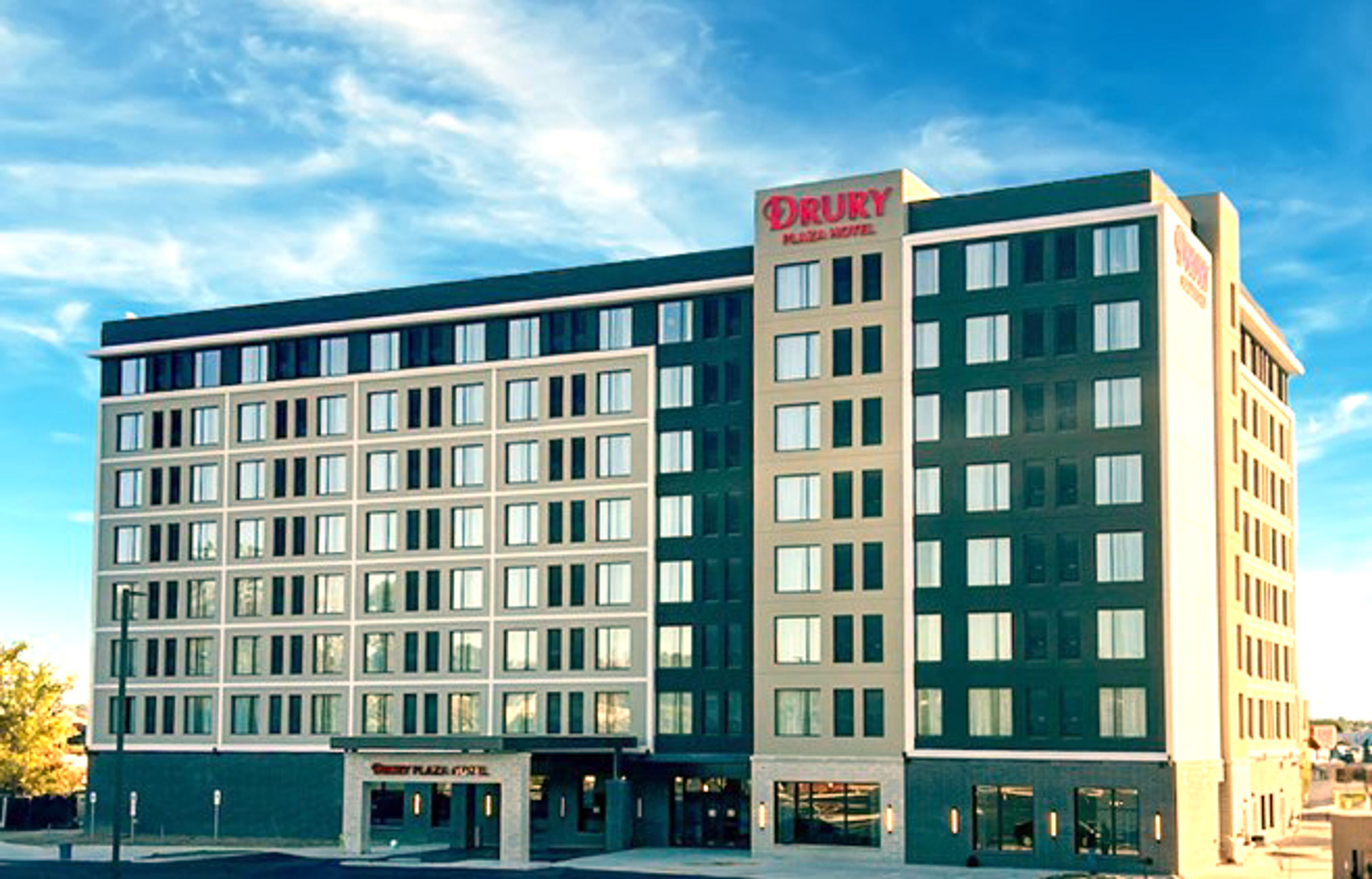Appliance delays plague residential projects
If you read this column regularly, you know that from time to time I've mentioned the ongoing renovation project at my house. Like thousands of others who were spending lots of time at home because of the COVID-19 pandemic, my wife and I decided last summer our home was due for a major face-lift, upgrading every square inch of our main living area...
If you read this column regularly, you know that from time to time I've mentioned the ongoing renovation project at my house.
Like thousands of others who were spending lots of time at home because of the COVID-19 pandemic, my wife and I decided last summer our home was due for a major face-lift, upgrading every square inch of our main living area.
We wanted to do it right, so we worked with a designer, poured over numerous floor layouts and tweaked the numbers until we had a plan that met our needs at a projected cost that fit into our timeline and budget.
Or so we thought.
The project we thought would take about three months to complete is now entering month seven, and, because of the pandemic, we're not exactly certain how much longer it will take to completely finish the job.
I won't go into all the details, except to say some materials were delayed while others were incorrect or damaged in shipment, which resulted in further delays.
And while I can't say for certain, I think our dog would like the delays to last a little longer.
You see, his bed fits nicely into the space reserved for our new refrigerator and he will have to surrender the space once the refrigerator arrives ... or should I say "if" it arrives.
We ordered it — along with a new range, oven, dishwasher and microwave oven — on Oct. 2. At that time, the estimated delivery date was Nov. 20, meaning we would be able to host the family Thanksgiving dinner.
Oh, how naive we were.
November came and went, as did December and most of January. By February, most of the major appliances had arrived, but the cavity in the cabinetry reserved for the refrigerator remained.
In March we received word our refrigerator was due for delivery by the end of this week but we learned the other day our dog will probably not have to surrender his sleeping space until mid-to-late June.
Our story is apparently not unique. In a recent survey by the National Association of Home Builders (NAHB), 90% of the nation's home contractors reported having problems acquiring appliances for the homes they were building.
The problem has several causes, including disruptions in manufacturing supply chains when factories in China, which supply electronic components and other parts for "American made" appliances, shut down during the pandemic. There was also a spike in consumer demand early in the pandemic when homeowners "stocked up" on food and bought additional freezers and refrigerators to accommodate their additional supplies.
And then there are people like us who decided the pandemic was the perfect time to remodel their homes.
According to NAHB, the appliance shortage is impacting all brands in all price points, resulting in many months' worth of back orders. Appliance makers such as Whirlpool are trying to ramp up production, but they won't catch up for months.
"Our backlog is still at the level it was at the end of the third quarter of last year," said Whirlpool chief financial officer Jim Peters in a recent interview about the situation. He said the company hoped to work through most of the backlog by the end of June.
That's good, because our back ordered refrigerator is a KitchenAid brand, made by Whirlpool.
Now as for our kitchen backsplash, which was also ordered in October, we learned Friday it has finally arrived in the United States. We think it was somehow delayed last month in the Suez Canal.
Top summer destinations
The summer travel season is almost upon us and, after canceling travel plans last year because of the COVID-19 pandemic, many of us are pulling our suitcases out of the attic and preparing to hit the road.
Elite Travel in Cape Girardeau recently released information about what are expected to be the most popular vacation destinations in the United States this summer.
The information was based on data from Allianz Partners, a global travel insurance company, which analyzed nearly a million flight bookings scheduled between May 28 and Sept. 7 and found the top 10 domestic destinations this summer are:
1. Orlando, Florida
2. Maui, Hawaii
3. Honolulu
4. Seattle
5. Anchorage, Alaska
6. Las Vegas
7. Kauai, Hawaii
8. Big Island, Hawaii
9. Boston
10. Miami.
Business license changes in Jackson
The City of Jackson is streamlining its business licensing process.
The Jackson Board of Aldermen is expected to consider an ordinance next week that will make the licensing process simpler by reducing the number of business categories from several dozen down to six. It will also change the period for which business licenses are issued from a midyear issuance date to a calendar year and will generally change the city's policies to "match the actual way the city is doing business," according to city attorney Tom Ludwig.
More information is available by contacting Jackson City Clerk Liza Walker.
KRCU reports successful drive
Although falling short of its goal by more than $5,000, the recent on-air fund drive at KRCU, the National Public Radio affiliate broadcasting from the Southeast Missouri State University campus, was reportedly one of the most successful fundraising campaigns in the station's history.
The weeklong campaign earlier this month generated $47,100 toward a goal of $52,500. Jeanette Lawson, the station's associate director of development, said the station is "thrilled" at the result. A follow-up mail appeal should help the station reach its fundraising goal. Money raised through the on-air campaign is used to pay the station's operating expenses.
The station credits the efforts of nearly 40 on-air volunteers, including several community leaders, for the fund drive's success.
KRCU began broadcasting in March 1976 with a 10-watt signal strength that barely covered the university campus. It became an NPR affiliate in 1990 and can now be heard throughout Southeast Missouri.
Looking for more business news? Check out B Magazine, and the B Magazine email newsletter. Go to www.semissourian.com/newsletters to find out more.
Connect with the Southeast Missourian Newsroom:
For corrections to this story or other insights for the editor, click here. To submit a letter to the editor, click here. To learn about the Southeast Missourian’s AI Policy, click here.








